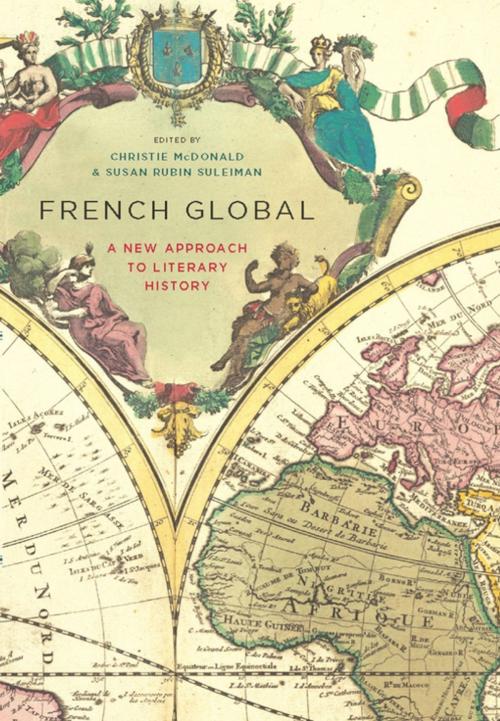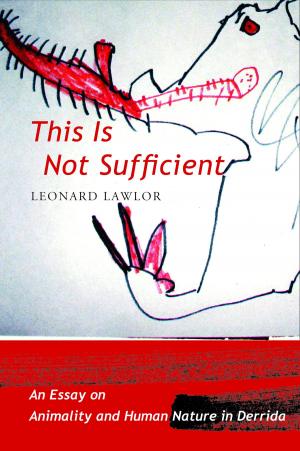French Global
A New Approach to Literary History
Fiction & Literature, Literary Theory & Criticism, European, Nonfiction, Social & Cultural Studies, Social Science| Author: | ISBN: | 9780231519229 | |
| Publisher: | Columbia University Press | Publication: | October 25, 2010 |
| Imprint: | Columbia University Press | Language: | English |
| Author: | |
| ISBN: | 9780231519229 |
| Publisher: | Columbia University Press |
| Publication: | October 25, 2010 |
| Imprint: | Columbia University Press |
| Language: | English |
Recasting French literary history in terms of the cultures and peoples that interacted within and outside of France's national boundaries, this volume offers a new way of looking at the history of a national literature, along with a truly global and contemporary understanding of language, literature, and culture.
The relationship between France's national territory and other regions of the world where French is spoken and written (most of them former colonies) has long been central to discussions of "Francophonie." Boldly expanding such discussions to the whole range of French literature, the essays in this volume explore spaces, mobilities, and multiplicities from the Middle Ages to today. They rethink literary history not in terms of national boundaries, as traditional literary histories have done, but in terms of a global paradigm that emphasizes border crossings and encounters with "others." Contributors offer new ways of reading canonical texts and considering other texts that are not part of the traditional canon. By emphasizing diverse conceptions of language, text, space, and nation, these essays establish a model approach that remains sensitive to the specificities of time and place and to the theoretical concerns informing the study of national literatures in the twenty-first century.
Recasting French literary history in terms of the cultures and peoples that interacted within and outside of France's national boundaries, this volume offers a new way of looking at the history of a national literature, along with a truly global and contemporary understanding of language, literature, and culture.
The relationship between France's national territory and other regions of the world where French is spoken and written (most of them former colonies) has long been central to discussions of "Francophonie." Boldly expanding such discussions to the whole range of French literature, the essays in this volume explore spaces, mobilities, and multiplicities from the Middle Ages to today. They rethink literary history not in terms of national boundaries, as traditional literary histories have done, but in terms of a global paradigm that emphasizes border crossings and encounters with "others." Contributors offer new ways of reading canonical texts and considering other texts that are not part of the traditional canon. By emphasizing diverse conceptions of language, text, space, and nation, these essays establish a model approach that remains sensitive to the specificities of time and place and to the theoretical concerns informing the study of national literatures in the twenty-first century.















